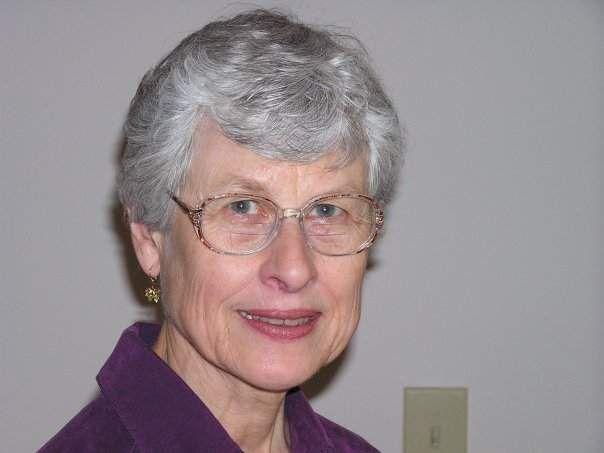
At the time many of our generation graduated from high school in the late 1950s, more women were considering careers in fields other than teaching, nursing or home economics ... and/or marriage.
For my part, I simply could not decide on any direction, although it was taken for granted that college would be the first step for me and my brother.
He decided on engineering and stuck with it. I remained undecided, but the idea of entering college with no preference was unappealing.
So it was my mother’s field, home economics, where I enrolled “just until” settling on another major.
That never happened.
The university introduced a new program that enabled me to take a fewer major classes and instead explore a greater variety of courses in other colleges — chemistry, social sciences, economics, humanities, even statistics. Under the new honors program I was assigned an outstanding guidance counselor who it turned out was a leader in updating home economics.
At the time, she and other professors saw an advanced degree in my future.
That, too, never occurred.
While many of my classmates completed graduate degrees in what seemed to be more “prestigious” fields, I still couldn’t focus on a single area, the likely explanation for my many years as a general assignment journalist.
At the same time I was and have remained somewhat uncomfortable about admitting to a home economics degree. “Almost liberal arts,” I claim.
In the years since, my alma mater Michigan State University, once a leader in home economics, chose to close the college.
That shouldn’t be the case, writes reporter Danielle Drelinger in her recently published, highly touted, first book “The Secret History of Home Economics.”
“People want home economics. I have never heard that level of consensus about anything else I have covered, ever,” wrote Drelinger, an award-winning education reporter.
She wanted to write a book that would address race, gender, class and history. Almost by chance she discovered that the development and decline of home economics had every one of those issues, including embarrassingly, exclusion of non-white people.
The founder of the field, Ellen Swallow Richards, was no career cook or seamstress or interior designer, but rather a scientist, the first woman to graduate from MIT with a degree in chemistry. Richards and other leaders in in the field believed in the power of science to free women from drudgery.
My counselor, Beatrice Paoluci, mentioned frequently in the book, saw home economics as empowering both women and men.
She later served on the committee to change the name, an effort that did not escalate the field to growth as hoped. Michigan State before her death renamed the study the College of Human Ecology.
“Makes me think of a landfill,” my husband quipped.
Nationally the National Home Economics Association in the early 1990s adopted the name Family and Consumer Sciences.
A name change did not shift public perception.
More likely, author Drelinger concluded, it “rendered the field invisible.”
She also wrote that she wasn’t a home economics “true believer” when she started her research. She had no predisposition to defend the field, discovering along the way that for years Black people were excluded from the national associations and student groups founded by white people.
Her perception about home economics changed as she was writing the book and talked with “hundreds if not thousands of people.”
“Almost every time the reaction was, ‘We should bring that back.’ I have never heard that level of consensus about anything else I have covered, ever. People want home economics,” she wrote.
In response she concludes her book with a chapter titled, “How to Bring Back Home Ec.” Revert to the original name, make middle or high school classes challenging and mandatory, including males and all races, and focus on life skills, environment and interdisciplinary studies she suggests.
Certainly a challenge.
While I’ve mentioned the book to another graduate home economist (who graduated while it still was still known by that name), I’m still pondering the possibilities.
And wondering if there are many other graduates of home economics studies also shy about touting their education.
On Retirement: Book sheds light on history of home economics studies - Charleston Gazette-Mail
Read More
No comments:
Post a Comment